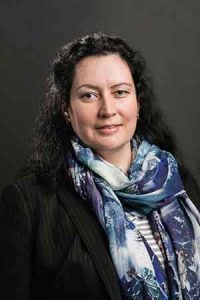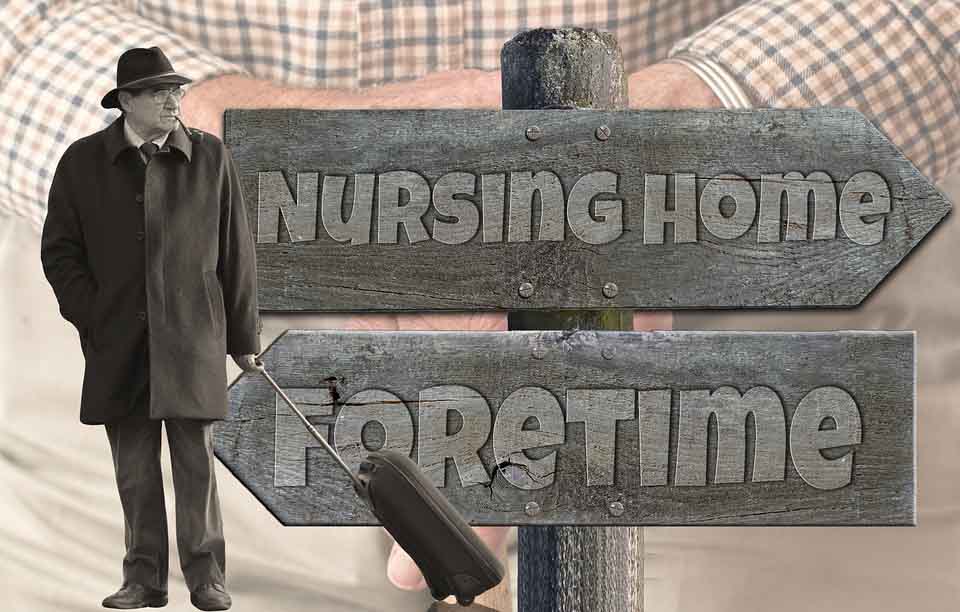As we are going through the cycle of life, we face crossing cultural and institutional boundaries that separate one age-related category from another; a doctor recommends doing various medical tests to patients who have reached a certain age, while in the market context reaching a legal retirement age one becomes eligible to claim pension income. These boundaries are permeable and negotiable to some extent in the context of the market economy and of contemporary culture: our performances of how we ‘do’ our bodies and our social roles (including paid employment, familial obligations, romantic partnerships, and so on) may be viewed by others as sufficiently convincing to grant us a continued provisional status in the ‘young’, or ‘youthful’, stratum – until that time when we go through the test again. But when our performance of youthful social roles and being youthful enough in our embodiment stops being convincing in the eyes of others, we risk losing the ‘normalcy’ of being youthful, are viewed as ‘others’, and are faced with being judged as slipping into later life – which gerontologists working from a critical and materialist tradition consider in light of what happens when a person steps or is forced to step down from various meaningful social roles (of a paid employee, romantic partner, parent, and so on).
A renowned sociologist Emile Durkheim came up with the theory of the Sacred – Profane binary opposition at the end of the 19th century. Applying this binary opposition concept to understand the meanings of aging – meanings we make of our own and of other people’s aging, we witness that our culture privileges youth(-fullness) as sacred and imbues it with all the positive properties. In contrast, older age is relegated to the realm of profane – that is shunned, ridiculed, pitied, and feared, and a lot of effort is put into avoiding it for as long as possible. This relegation of old age to the negative side of meaning-making constitutes the essence of cultural and institutional ageism, whereby not only others evaluate us along the sacred-profane continuum, but we also compare and contrast ourselves with others of the same age group, in terms of how well (or poorly) we are doing, using various cultural blueprints offered by the media – as well as the world’s literature (Shakespeare’s King Lear is a good case in point).
The critique of the notion of ‘successful aging’ coined a while ago by Rowe and Kahn, revolves around these issues of intra-generational (in addition to inter-generational) inequality, whether it is represented in media discourses about later life, or in individuals’ everyday experiences. Culturally, we wish to be an exception, not the rule: humans are competitive, and the higher the stakes, the more meaningful it could be to have an upper hand in the process. Time and again we may have witnessed how people are genuinely proud of exceeding the achievements of others, including in areas associated with aging: being healthier, living longer and happier lives, having more robust social ties – achieving these markers of successful aging are capable of giving us some well-deserved satisfaction. Thus ‘older’ acquires a cultural meaning of being worse than younger – not necessarily per se, but in terms of the various negative attributes that ‘older’ is associated with. This has not always been like this historically: in North America of the 17th and partly as recently as in the 18th centuries older age was culturally held in much higher reverence than youth, as reflected in the titles like ‘Elderman’, in the silver-haired wigs favored by both men and women in those times, in the portraits where the patriarch and the matriarch of the family were given prominence, and in the spatial organization of City councils and churches where prime sitting areas were allocated to the older persons. In contrast, contemporary culture in North America has a different system of meaning-making blueprints where older age and aging is far from being coveted. What is of particular importance in this process of evolution and negotiation of the meaning of aging and of oldness, and what it is my hope that scholarship will address in full detail, is whether all life’s domains may be equally vulnerable to ageism. Can a person be judged and considered as ‘really old’ across all their social roles simultaneously, or are some domains of a person’s life more vulnerable to ageism than others, and why? How do these evaluations intersect with various characteristics that place a person within the social hierarchy, and how do these evaluations depend on the historical and spatial context? And what is the relative immunity of individuals to ageism across different life domains: do they apply different strategies to resisting discrimination in the labor market and in the romantic market? These are complex questions that merit holistic answers.
 Julia Rozanova is an Associate Research Scientist in the Yale AIDS Program at Yale University. She received her BA in Sociology, BA in Economics, and MA in Sociology from Moscow Lomonosov State University, and her PhD in Sociology from the University of Alberta (thesis title “Social engagement of older Canadians: Constraints on choice”). She taught undergraduate and graduate courses at the University of Alberta, University of British Columbia, and at Yale University. Her program of research focuses on how experiences of everyday discrimination shape inequalities of aging health within and across societies with implications for unequal access to social participation and self-management among key populations. She has published over 20 peer reviewed articles and a co-edited book on these topics and directed several international research projects in Canada, the United States, Eastern Europe, and Central Asia. Her research has been funded by the Killam Foundation, the Social Sciences and Humanities Research Council of Canada, the Canadian Institutes for Health Research, and the National Institutes of Health (USA). She has served as a consultant to WHO in evaluating prison healthcare programs in Kyrgyzstan and their effect on social citizenship.
Julia Rozanova is an Associate Research Scientist in the Yale AIDS Program at Yale University. She received her BA in Sociology, BA in Economics, and MA in Sociology from Moscow Lomonosov State University, and her PhD in Sociology from the University of Alberta (thesis title “Social engagement of older Canadians: Constraints on choice”). She taught undergraduate and graduate courses at the University of Alberta, University of British Columbia, and at Yale University. Her program of research focuses on how experiences of everyday discrimination shape inequalities of aging health within and across societies with implications for unequal access to social participation and self-management among key populations. She has published over 20 peer reviewed articles and a co-edited book on these topics and directed several international research projects in Canada, the United States, Eastern Europe, and Central Asia. Her research has been funded by the Killam Foundation, the Social Sciences and Humanities Research Council of Canada, the Canadian Institutes for Health Research, and the National Institutes of Health (USA). She has served as a consultant to WHO in evaluating prison healthcare programs in Kyrgyzstan and their effect on social citizenship.

